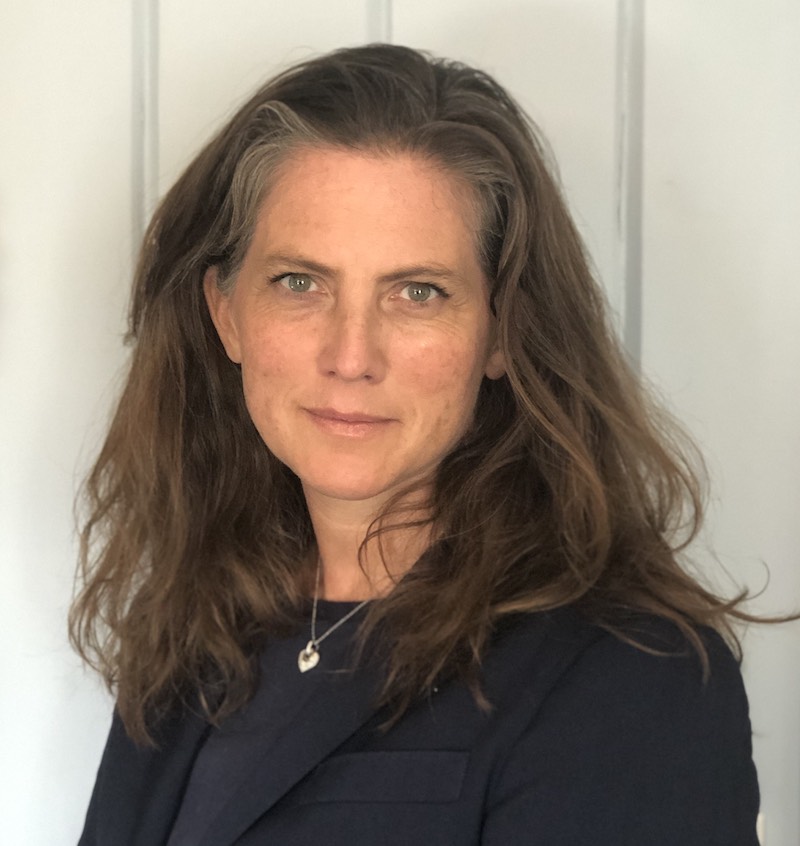Norway has not typically been an attractive region for biotech investors, so when Masha Strømme set up her own investment firm in 2008, she had to take a slightly different approach to investment.
Masha Strømme and her husband, Dag Strømme, run a family office together called Paacs Invest in the Oslo area, which funds and mentors local early-stage biotech companies.
Strømme started out as a scientist doing a PhD at the University of Oxford in genetics and neuroscience. However, she decided remaining in research was not for her and so moved into investment banking at Morgan Stanley in London.
“I love science with all my heart. But I think the pace was just not fast enough for me, I probably didn’t have the patience. Knowing the language, understanding science, understanding biology, understanding biochemical pathways, genetics, was extremely useful in order to actually be a good investment banker.”
After working at Morgan Stanley for several years, where she met her husband, Strømme decided to try out the smaller investment bank Altium Capital, formerly Apax Partners.
“For me, Morgan Stanley was the big machine, big deals, big transactions… At Altium I really got exposed to going into the labs, going back to Oxford to meet the scientists and see what they were doing to see if there was anything that could be financed, or spun out, so that was super exciting.”
In 2008, Strømme and her husband decided it was time to make a change. “With three kids, we decided that life in London was a little bit complicated for us both wanting to work. So we moved to Norway.”
Moving to Norway from an active investment area like London took some getting used to. While it is a bit more active now, at the time Norway had only a small pharma and biotech industry, and very little in the way of venture capital investment from other European countries.
“VCs that are based out of the Netherlands, for example, will have a mandate that allows them to invest everywhere within the European Union, and then they have 20% of their funds that they can invest in places like Switzerland and Norway. Typically they have preferred to invest in Switzerland.”

When Strømme first moved to Norway, she started by helping out the CEO of the Oslo Science Park or Forskningparken. “They were trying to get more capital into the sector. Since I had already got relationships with some of the investors, I started to work with them and to discuss the various opportunities. I probably spent my first year just meeting all the companies that I could meet all over the country, just to see what was available and what people were able to do.”
During that time, Strømme accepted several invitations to join company boards, which she found very informative. “But then I realized that what I wanted to do was actually invest in companies and be an active owner as opposed to an independent board member helping a company that I have no interest in financially.”
Since then, Strømme and her husband have invested in a number of biotechs in the region, such as Exact Therapeutics, a company using ultrasound to deliver cancer therapies, where she currently chairs the board.
While VCs are uncommon in Norway, there are a dozen family offices that are very active in healthcare. Strømme explained that their firm often co-invests with these family offices, which play a similar role to limited partners for a VC fund. This is an unusual approach compared to the rest of the biotech industry, which generally has more specialized life sciences investment institutions.
“They are long-term, patient investors, so they’re great to have on board. They also have quite a good network, so they help companies grow to the next stage.”
Strømme and her husband focus on funding early-stage biotechs that are often still at the preclinical stage of development.
“Typically, at the time when we join a company, the CEOs are the founders. It’s often their first venture, they have no experience of raising money, … they don’t have contacts or relationships with pharma companies, or potential partners.”
“First-time founders often don’t understand that they actually need to give up some of their equity in order to grow… They don’t necessarily understand that that is for the good of the company.”
To address this issue, her company takes entrepreneurs out of their labs and into the ‘real world’. “You need to develop relationships with the clinicians in order for them to test your drug or your technology, you need to get more investments… So we try to bring all that to them.”
Strømme admits that while this kind of mentorship can be a rewarding experience, it is not always easy. “Underestimating the founders initially has been one of my mistakes. Not fully understanding how they work, how they think, and what they need.”
Another way that the biotech ecosystem in Oslo differs from London is that women have more representation in senior biotech roles. “In Norway, I would say that most of the investors, or most of the very active owners are women.”
This attitude also helps with managing work and family life, as roles tend to be much more split between parents than in some other European countries.
“My husband and I have become very Norwegian… we’re on a very equal basis when it comes to running the home and running the business. We try to help each other and make sure that we get it done. So, we avoid having board calls at exactly the same time when four kids need to be driven, basically.”
However, Strømme says things are still not perfect. “I’ve had my fair share of issues where I’m paid less than other people. In Norway, which is already pretty good when it comes to opportunities for women, I know that I was not necessarily viewed in the same way as the guys both in terms of financial compensation and opportunities.”
She thinks there is a need for more women in senior positions in both biotech and biotech-related roles like investing. “I do think that we are very different, and therefore we’ll look at problems differently. And we’ll look at solutions differently. So I think it would be great if there were a few more women.”
Strømme believes mentoring, active role models, and good networking are key. “I also believe women could be better at working together and building networks to support each other.”





